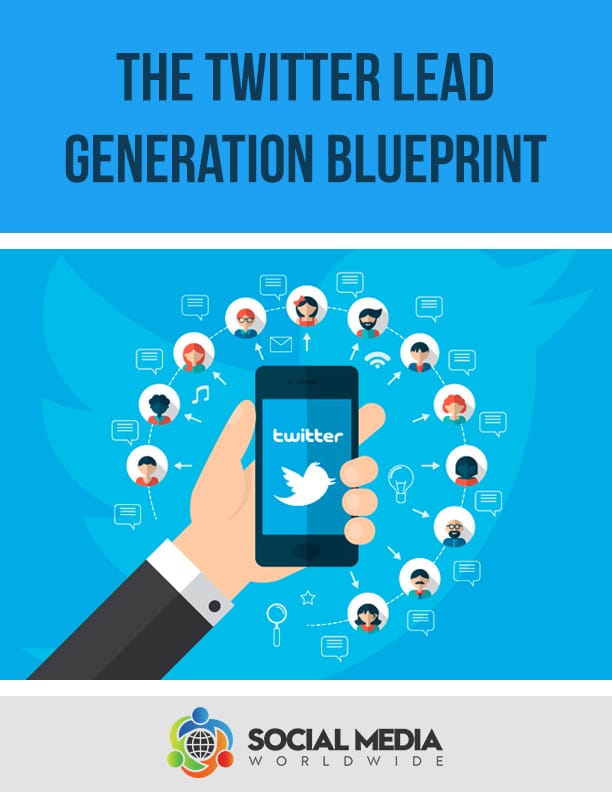Social media is fairly ubiquitous in 2021.
In fact, Hootsuite reports that 490 million new users flocked to social media platforms in 2020, representing a 13.2% year-over-year increase.
All told, 90% of people with internet access use social media.
So if your small business isn’t active on these platforms, you’re going to have a tough time reaching your customers.
Fortunately, it’s not too late to get started.
But if you’re not all that familiar with social media, it’s easy to make a mistake that could hurt your brand.
Before you start posting, you’ll want to make sure you’re following social media best practices for small businesses.
To that end, here are just a few dos and don’ts you’ll want to keep in mind as you create content and interact with your audience online.
Do…
Post Consistently
Just as any white label SEO company would recommend you publish new blogs on a regular basis, you should also heed expert advice to stick to a consistent social media schedule. In both scenarios, doing so can promote brand awareness and drive traffic to your site.
Simply put, you can’t post only whenever you feel like it (or when you remember). You need to create a social media content calendar that supports your overall marketing strategy and business goals.
Social media algorithms like accounts that post valuable content consistently, and keeping your brand in your followers’ feeds can do wonders for your conversions.
That said, you’ll also want to veer away from posting too much. Going overboard can make for an overwhelming experience. To avoid losing followers en masse, try not to post to Instagram, Facebook, or LinkedIn more than once or twice a day. It’s also best to cap your tweets at 2 or 3 per day on Twitter.
Engage With Your Audience
Remember that replying to comments, tweets, and direct messages doesn’t count toward your daily posting limit!
It’s essential that you engage with your audience and seize the opportunity to connect with your customers on a more personal level.
That doesn’t mean you should spam them with DMs, but it does mean that you should reply to comments (especially if they contain a question or complaint!), retweet customer compliments, and set aside time for outreach.
According to Sprout Social, 78% of customers want brands to use social media to help people connect. And when customers feel connected to brands they follow, 57% will increase their spending with that brand and 76% will buy from that brand over a competitor.
If you miss out on the chance to engage with your followers, you’ll likely miss out on sales, too.
Don’t…
Delete or Disable Comments
It’s every social media manager’s worst nightmare: there’s a scandal or upset surrounding your brand.
While it can be tempting to do major damage control (or prevent damage in the first place) by deleting or turning off comments entirely, you need to consider how that could further hurt your brand perception.
Dealing with a firestorm on your social media platforms won’t be fun, but customers care a lot more about how you handle a situation than the situation itself.
If you really want to minimize damage to your brand, you’ll want to make sure that every voice can be heard. Unless an individual is harassing your followers or making comments that are racist, sexist, violent, or otherwise harmful, you shouldn’t block them or delete their comments.
Generally speaking, you’ll want to respond promptly to questions, concerns, and even accusations. Never reply with personal attacks or out of anger; instead, lead with compassion and empathy to show your other followers how much you care about their experience.
In a world that fears “cancel culture,” you should view these situations as an opportunity to showcase your dedication to customer service and to highlight your brand values.
Over-Use Automation or Violate TOS
Automation tools can be a huge asset to your small business. But that doesn’t mean you should rely on them for everything.
That’s especially true when it comes to social media. In most cases, users can tell right away if a brand is using an automation tool – and it won’t really help your image.
More than anything else, customers want to make a personal connection with brands on social media. With automation, every interaction will feel generic (or even inauthentic).
While there are certain aspects of social media management you can automate, it’s best to maintain a hands-on approach to build lasting relationships with your customers.
In that same vein, you should be extremely cautious about using any third-party services that promise to grow your social media following.
The tactics these services use can actually backfire. Even if you do see your follower count or likes go up temporarily, that’s not actually going to help your sales or engagement.
Worse yet, using these services could violate the social media platform’s terms of service – and that could result in penalizations or account termination.
Basically, there are no shortcuts to social media marketing success. It can take a lot of work, but it’s well worth the payoff.
Follow Social Media Best Practices For Small Business Growth
Social media trends change quickly, which means that the rules may change quickly, too.
But if you keep these dos and don’ts in mind, you’ll be well on your way to creating and executing an effective social media strategy for your small business.
AUTHOR BIO:
Jeff Shipman is the Director of Marketing Innovation at Semify, a white label marketing agency based in Rochester, New York. Semify provides quality SEO and PPC fulfillment solutions at-cost so that digital marketing agency owners can achieve their dreams. Before moving to Western New York, Jeff earned a BA in History and a MBA at St. Bonaventure University. Go Bonnies!



Recent Comments